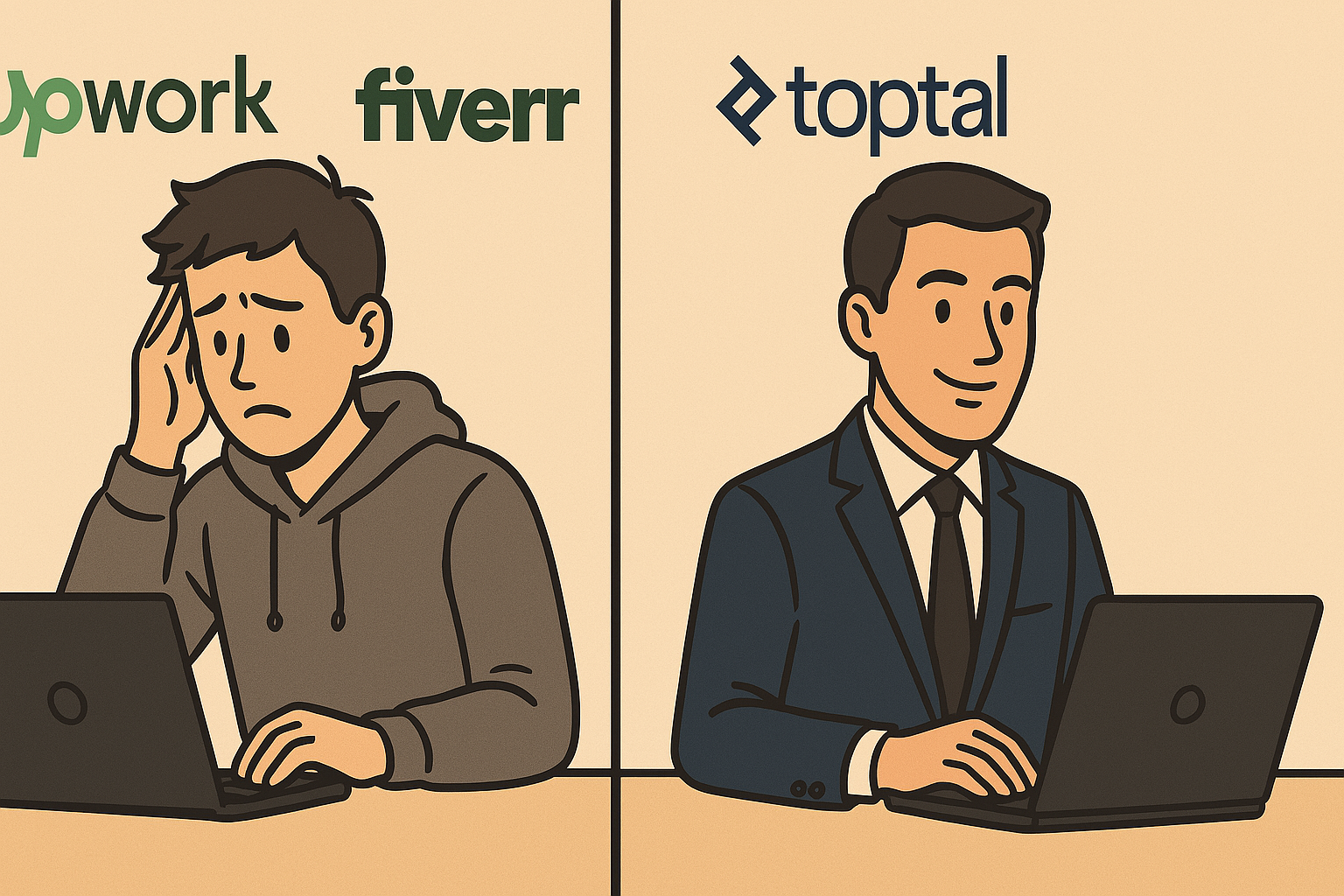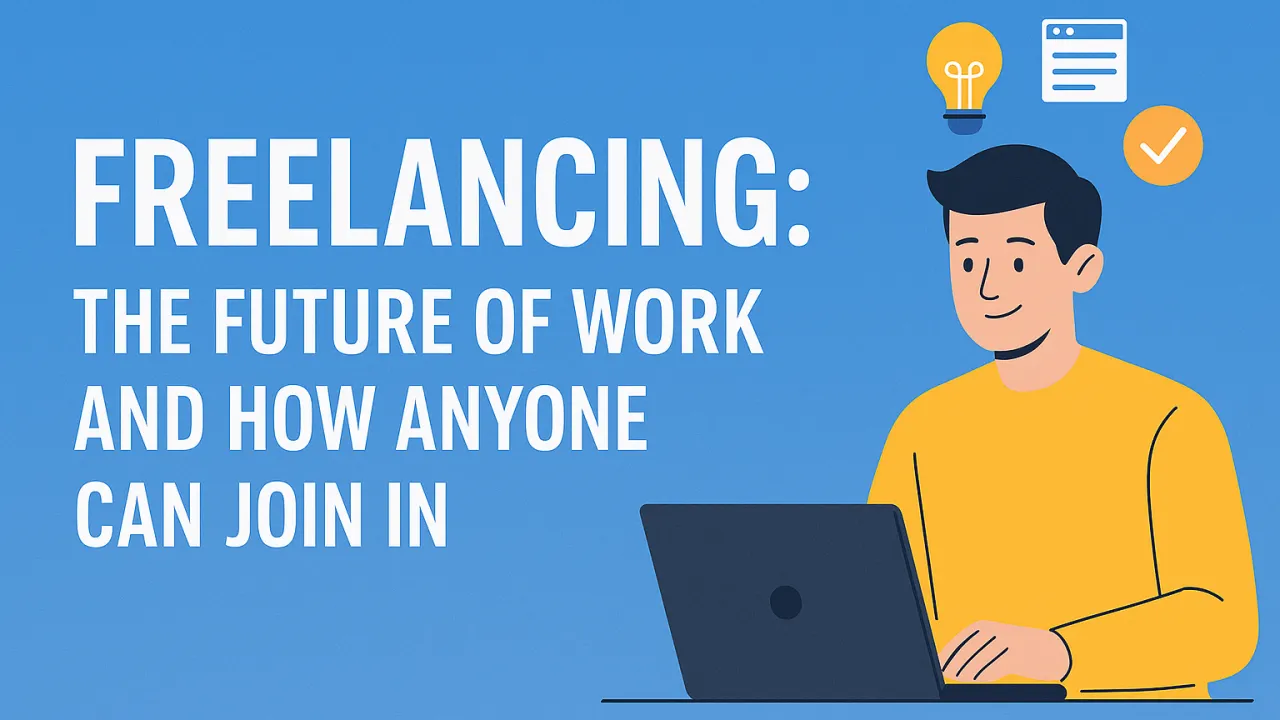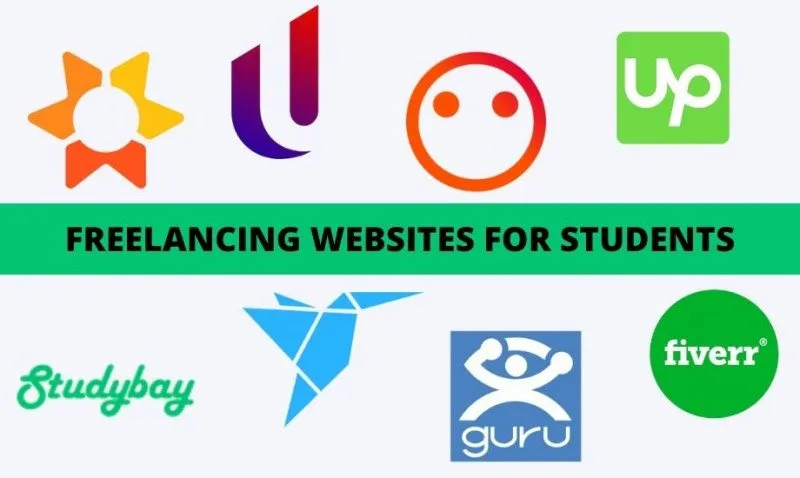Best Freelance Platforms for Beginners and Pros

Freelancing can be handled like a forgery, particularly when you’re just starting. You know you have skills, but finding customers? That’s another level. That’s where freelance media comes in. They connect freelancers with companies that need help, making it more comfortable to land work without constant cold emails.
But not all platforms are created equal. Some are excellent for newbies. Others are better once you’ve built up experience. Here’s a breakdown of the best freelance platforms out there who they’re for, how they operate, and what to anticipate.
Upwork

Best for: Beginners to professionals
How it works: Upwork is one of the largest freelance platforms, with jobs in writing, design, marketing, programming, customer assistance, and more. Customers post jobs, and freelancers submit propositions. If the client likes your slope, they hire you.
Pros:
- Tons of job categories
- Beginner-friendly
- Built-in payment protection
- Long-term clients are common
Cons:
- High competition
- 10% service fee (after the first $500 with a client)
- Proposals can feel like a numbers game
Bottom line: Upwork is a solid place to start. It’s competitive, but if you’re persistent, you can build a steady stream of work.
Fiverr

Best for: Beginners and flank hustlers
How it works: You complete “gigs” offering specific assistance, like “I will write a 500-word blog post” or “I will design your business logo.” Customers browse and buy what they need.
Pros:
- Easy to set up
- Great for beginners
- Wide variety of services
- Passive sales if you rank well
Cons:
- Buyers often expect lower prices
- Fiverr takes a 20% cut
- Harder to land high-ticket projects
Bottom line: Fiverr is good for reaching your first clients and creating a portfolio. If you optimize your gigs, you can make constant income.
Freelancer.com

Best for: Beginners who want options
How it works: Similar to Upwork. Clients post projects, freelancers bid on them. You can also enter contests for things like logo design.
Pros:
- Lots of job categories
- Free contests for extra opportunities
- Option for hourly or fixed-price projects
Cons:
- 10% commission (or $5 minimum)
- Lots of spammy listings
- You get limited free bids each month
Bottom line: Freelancer.com isn’t as popular as Upwork or Fiverr, but there’s still potential if you’re starting and willing to hustle.
Toptal

Best for: Experienced freelancers
How it works: Toptal claims to offer the “top 3%” of freelance talent. You go through a strict screening process, and once accepted, Toptal matches you with high-end clients.
Pros:
- Access to premium clients
- Higher pay rates
- No bidding or proposals you get matched
Cons:
- Tough screening process
- Not for beginners
- Limited to specific industries (development, design, finance, etc.)
Bottom line: If you’ve got the skills and experience, Toptal can be a game-changer. But it’s not where you start it’s where you level up.
PeoplePerHour

Best for: Freelancers in the UK and Europe
How it works: Clients post projects or browse “hourlies” (pre-set services, similar to Fiverr gigs). Freelancers submit proposals or sell packages directly.
Pros:
- Flexible payment options
- Easier to get started in certain regions
- Good for one-off tasks and ongoing work
Cons:
- 20% commission (reduces as you earn more)
- Not as many opportunities as larger platforms
- Can be slow to get traction
Bottom line: PeoplePerHour is decent if you’re in Europe and want an alternative to the bigger platforms. It’s hit or miss depending on your niche.
SolidGigs

Best for: Freelancers who hate job hunting
How it works: SolidGigs isn’t a job board. It’s a subscription service that sends you hand-picked freelance gigs from around the web. You apply directly to the client.
Pros:
- Saves time no endless scrolling
- Curated opportunities
- Helpful resources and courses included
Cons:
- Monthly subscription fee
- You still have to pitch
- Not as many gigs for beginners
Bottom line: If you’re tired of hunting for jobs yourself and willing to pay for convenience, SolidGigs is worth a look.

Final Reviews
No platform is perfect. They all take a cut, and you’ll deal with competition everywhere. But they can help you get your freelance business off the ground.
Start with one or two that fit your skills and experience. Get a few projects under your belt. Build a track record. Over time, you’ll rely less on platforms and more on referrals and repeat clients but they’re a solid way to start.
The key? Get started. The first gig is the hardest. After that, it gets easier.







